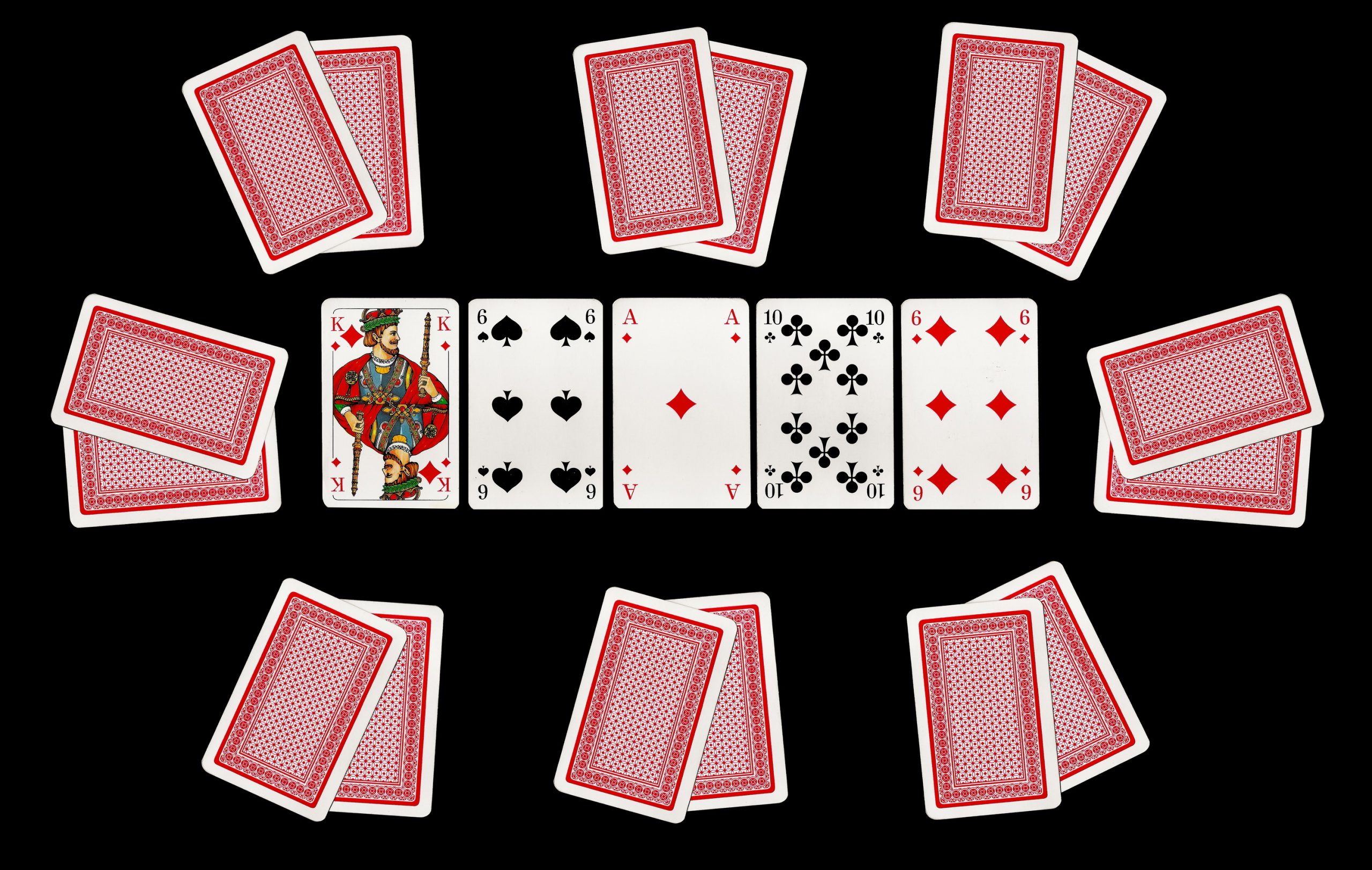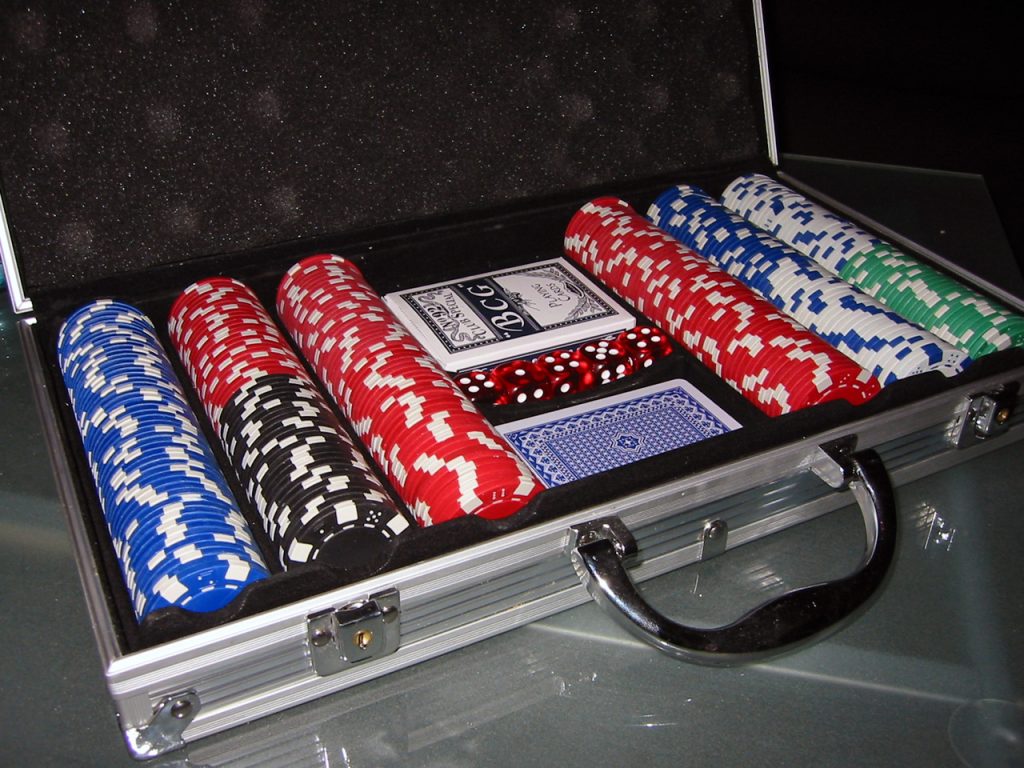
Taking a rake in poker explained
Taking a rake in poker refers to the practice of the house collecting a small portion of each pot as a fee for hosting the game. This concept is fundamental to both online and offline poker settings, where it serves as the primary revenue stream for poker rooms and casinos. The rake meaning in poker is crucial because it impacts the profitability of players and the overall sustainability of poker games. Both casual players and professionals need to be aware of how rake is implemented to optimize their game play and maximize their returns.
What does taking a rake mean?
The rake in poker refers to the practice of the house, whether it be a casino or an online poker room, collecting a small portion of each pot during a cash game. This is the primary way these establishments generate revenue from poker games, as opposed to charging entry fees or relying on other forms of income. The rake meaning poker is essential because it affects the game dynamics and the potential profitability for players.
What does taking a rake mean in poker? The process is straightforward: a percentage of the pot, usually between 2.5% to 10%, is taken by the house before the pot is awarded to the winning player. This percentage can vary depending on the specific game and the venue’s policies. For instance, many online poker sites have a capped rake, ensuring that there is a maximum amount taken regardless of the pot size.
Different types of rake
Having a rake in poker can be implemented in several ways, each affecting the game dynamics differently. The three most common rake structures are pot rake, time collection, and tournament rake.
Pot Rake: This is the most prevalent form of taking a rake in poker. In pot rake, a percentage of the pot is taken by the house each time a hand is played to the end. This percentage typically ranges from 2.5% to 10%, with a cap on the maximum amount that can be raked. For example, in a $1/$2 No-Limit Hold’em game at a live casino, the house might take 5% of each pot up to a maximum of $10. Online poker rooms, like PokerStars, often follow similar structures but may have lower caps to attract players.
Time Collection: Also known as a timed rake or table charge, this structure involves collecting a fixed fee from each player at regular intervals, such as every 30 minutes or every hour. This method is more common in higher-stakes cash games where the pots are larger, and a percentage-based rake would be excessive. For instance, in a high-stakes game at a Las Vegas casino, players might be charged $10 every half hour to play, regardless of the number of hands dealt.
Tournament Rake: In tournament poker, the rake is taken as part of the entry fee. When players buy into a tournament, a portion of their buy-in goes towards the prize pool, and the rest is kept by the house as the rake. For example, in a $100+$10 tournament, $100 goes to the prize pool, and $10 is the rake. Online platforms like 888poker use this model, ensuring the rake is transparent and included in the upfront cost.
Legal and ethical considerations of taking a rake in poker
Taking a rake in poker is subject to varying legal frameworks across different jurisdictions. In many countries, the legality of what is taking a rake in poker hinges on the licensure and regulation of the poker room. For instance, in the United States, each state has its own laws regarding poker, with some states allowing raked games only in licensed casinos, while others prohibit them entirely outside of specific gaming venues. Similarly, in the UK, the Gambling Commission oversees and regulates all forms of poker, ensuring that only licensed operators can legally take a rake.

The ethical implications of taking a rake in poker revolve around fairness and transparency. Players need to trust that the rake is being taken in a manner that is fair and consistent. Unlicensed or unregulated games can exploit players through excessive rake or unclear policies, leading to unfair advantages and potential financial losses for players. Ethical poker rooms ensure that their rake structures are transparent and communicated clearly to all players.
Licensed and regulated poker rooms play a crucial role in maintaining the integrity of the game. They are required to adhere to strict guidelines that protect players’ interests, ensuring that the rake is reasonable and justified. These regulations prevent fraudulent activities and provide a safe and fair environment for all participants. For example, major online platforms like PokerStars and 888poker operate under stringent regulations that safeguard player funds and ensure fair play.
Impact of rake on poker strategy
The rake meaning poker is the fee collected by the house from each pot, which can significantly impact your profitability and decision-making process.
Firstly, rake reduces the overall value of each pot, meaning players need to adjust their strategies to compensate for this deduction. For instance, in a high-rake environment, it becomes less profitable to play marginal hands, as the costs of participating in many pots outweigh the potential gains. Players need to tighten their ranges and focus on playing stronger hands more aggressively to maximize their expected value.
Rake also affects post-flop decisions. In games with high rake, players may need to fold more frequently in marginal situations to avoid paying excessive rake over time. This can lead to a more conservative playing style, focusing on minimizing losses rather than maximizing gains.
The concept of rakeback is a vital tool for mitigating the impact of rake. Rakeback is a percentage of the rake returned to players as an incentive for their participation. For example, if a player has a 30% rakeback deal, they receive 30% of the total rake they paid back into their account. This can significantly offset the costs of playing in raked games and is particularly beneficial for high-volume players.
The importance of understanding rake in poker
Knowing what does taking a rake mean is essential for poker players at all levels. This article has detailed the definition and significance of taking a rake in poker, examined different rake structures, and highlighted their legal and ethical aspects. Grasping what is taking a rake helps players make better decisions, optimize their strategies, and ensure they play in fair, regulated environments. Awareness of rake practices is crucial for maximizing profits and maintaining a positive gaming experience.

 July 22, 2024
July 22, 2024